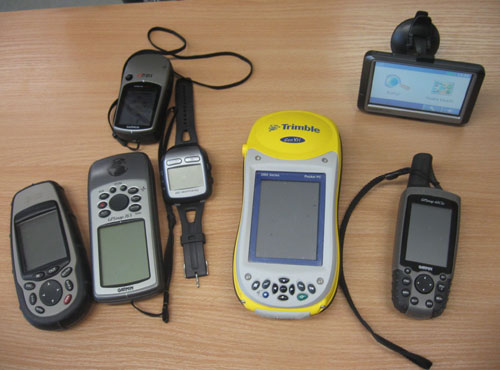PEOPLE living with dementia could be issued with a GPS device in a bid to keep them safe.
New research shows that the majority of people in Scotland back the electronic gadgets being used to keep track of loved ones.
The devices, more commonly fitted to cars and mobile phones than people, could play a “vital” role in helping people with dementia live independently according to experts.
The issue will be discussed at the 30th International Conference of Alzheimer’s Disease International being held in Perth, Australia later this week.
Research carried out by healthcare group Bupa shows the idea is popular among Scots.
More than eight-out-of-10 (84%) people polled said they backed the electronic gadgets being used to improve support for those living with the illness.
Across the UK as whole, younger people were most in favour, with 87% saying they support the move.
Managing Director of Bupa Care Service, Andrew Cannon said: “While these technologies are no substitute for face-to-face contact and good care, they could be a vital tool in helping people with dementia to not just live, but to live well.”
He continued: “We need to understand people’s views on these devices, as many families and even local council adult care teams are discussing their use with us.
“Everyone wants people living with dementia to retain their independence for as long as possible – and for many people that means unaccompanied trips to shops, cinema, and even the local pub. But we all need to balance that with ensuring their safety.
“GPS devices are becoming an everyday part of people’s lives: on our phones, in our cars, and on our wrists when we exercise.”
Almost six out of 10 people in Scotland know, or have known, someone living with dementia.
In 2014 approximately 88,000 people in Scotland were living with the illness, symptoms of which can include memory loss and difficulties with thinking, problem-solving and languages.
Around 32,000 of these people were under the age of 65.


